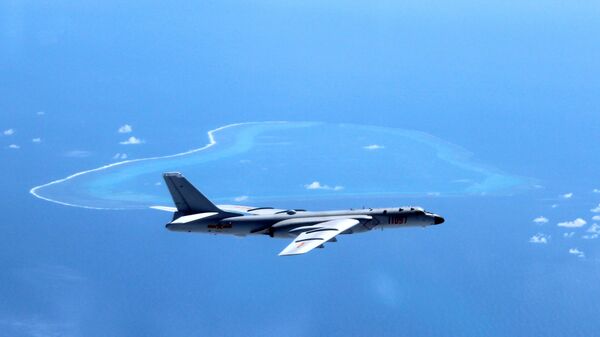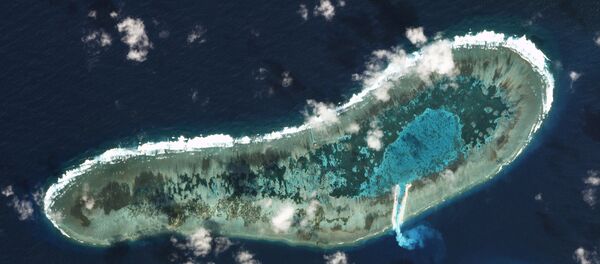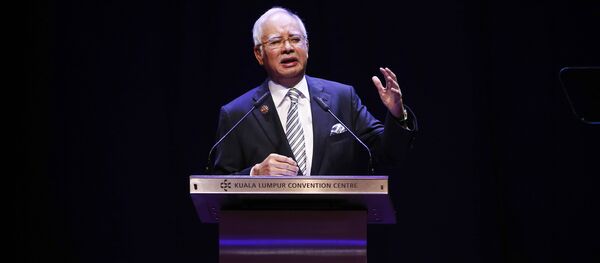Tsvetov recalled that the main negative expectations regarding the situation in the South China Sea in 2016 were related to the decision of the Permanent Court of Arbitration at The Hague on Manila's claim against China.
Beijing, for its part, also added fuel to the fire by lashing out at The Hague's arbitration and its legitimacy, according to Tsvetov, leading to a low-key reaction after The Hague Court announced its decision on the matter.
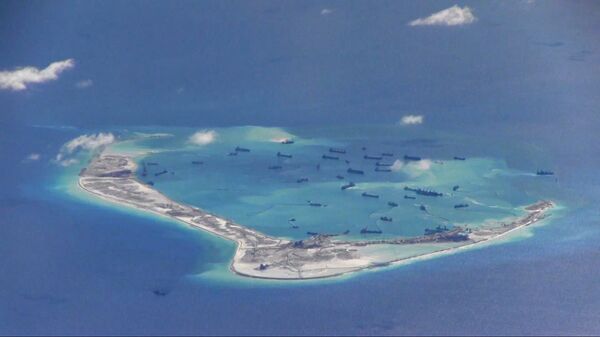
"One month before The Hague Court's move, the Philippines elected its new President Rodrigo Duterte, who decided not to capitalize on a legal and diplomatic victory in The Hague and actually put the court's decision on the back burner in exchange for the normalization of relations with China," Tsvetov said.
He added that right now, Manila "continues its drift toward China," with Duterte knowing full well in the run-up to the inauguration of the new US President, "the Philippines can flirt with Beijing without fearing possible sanctions from Washington."
"Against this background, the Association of Southeast Asian Nations (ASEAN) [position on] the South China Sea issue was considerably weakened, especially given that many ASEAN countries were focused on resolving internal problems," Tsvetov said referring, for example, to Vietnam which "turned to the traditional combination of its cooperation with China and the development of its own capabilities to contain Beijing."
However, the absence of open confrontation in the South China Sea in 2016 does not mean the situation is improving, Tsvetov said, citing Beijing's efforts to continue boosting its clout on the islands which it considers part of its territory.
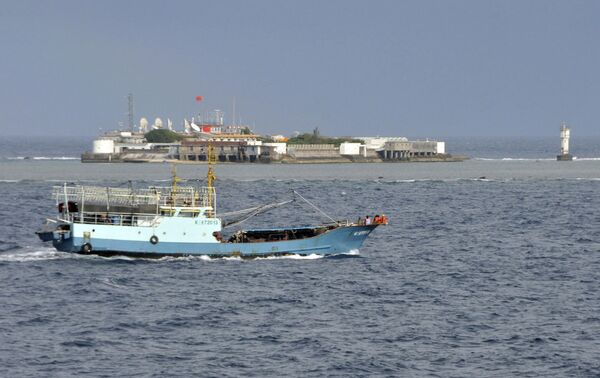
He recalled that among other things, Beijing launched direct flights to one of the airfields on the islands and made global headlines with the news that Chinese sailors had intercepted an underwater US drone in international waters in the South China Sea region.
"Even though the drone was finally returned to the US after brief talks, the interception clearly indicated China's drive to clarify who is 'the master' of the South China Sea," Tsvetov said.
Tsvetov did not rule out that US President-elect Donald Trump may take a hard line against Beijing on the South China Sea issue, trying to compensate for the US's "retreat" from Asia which has repeatedly been mentioned by Obama's critics.
"Given the positions China won in 2016, Trump's fresh assertiveness could mean a qualitatively new escalation in the South China Sea," in 2017, Tsvetov concluded.
Never miss a story again — sign up to our Telegram channel and we'll keep you up to speed!

